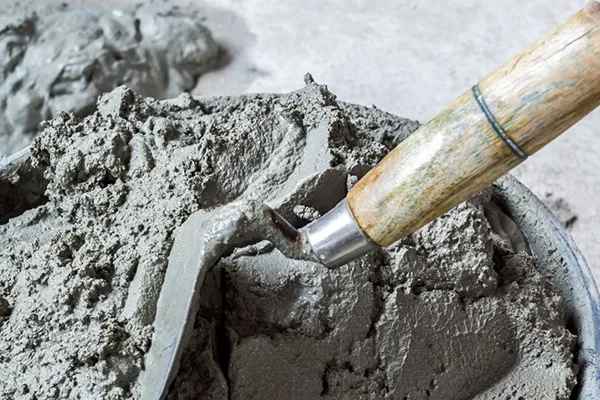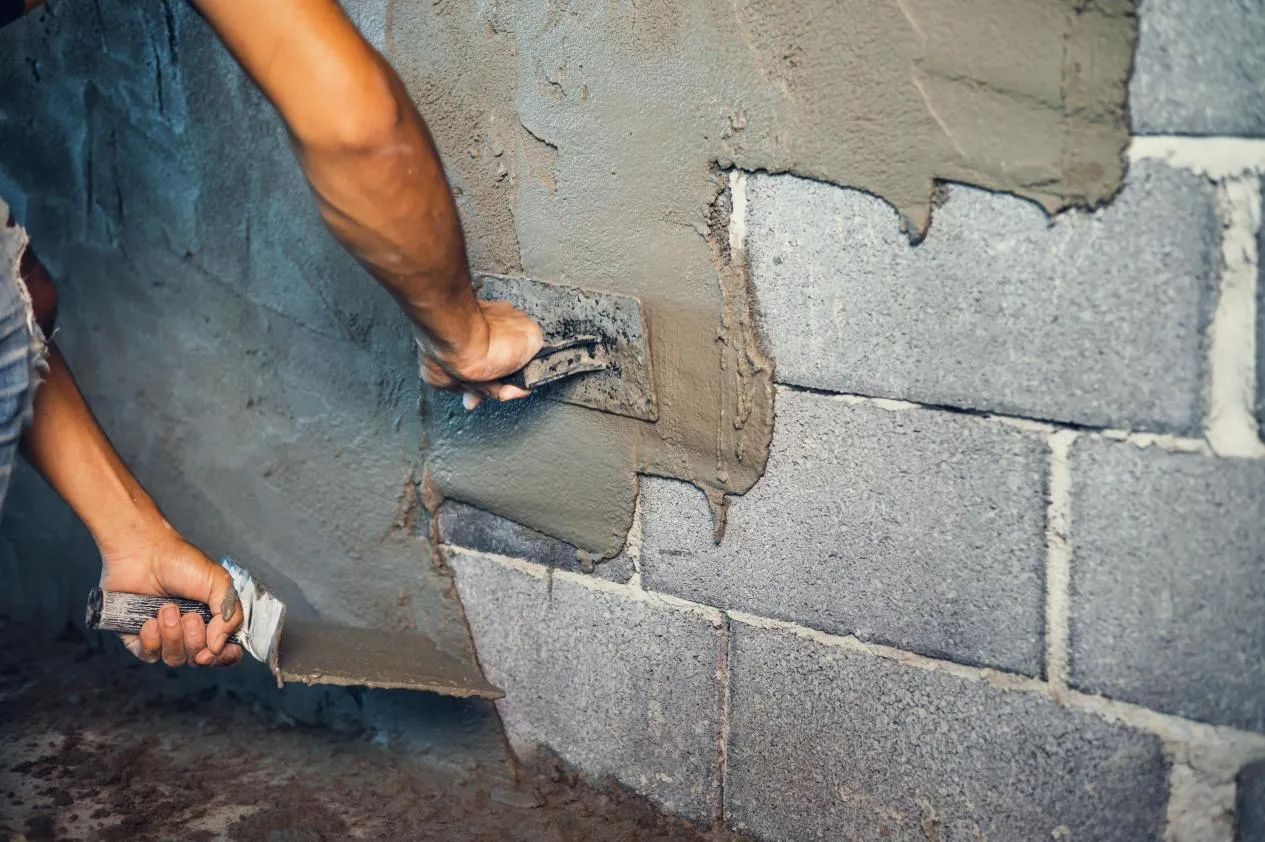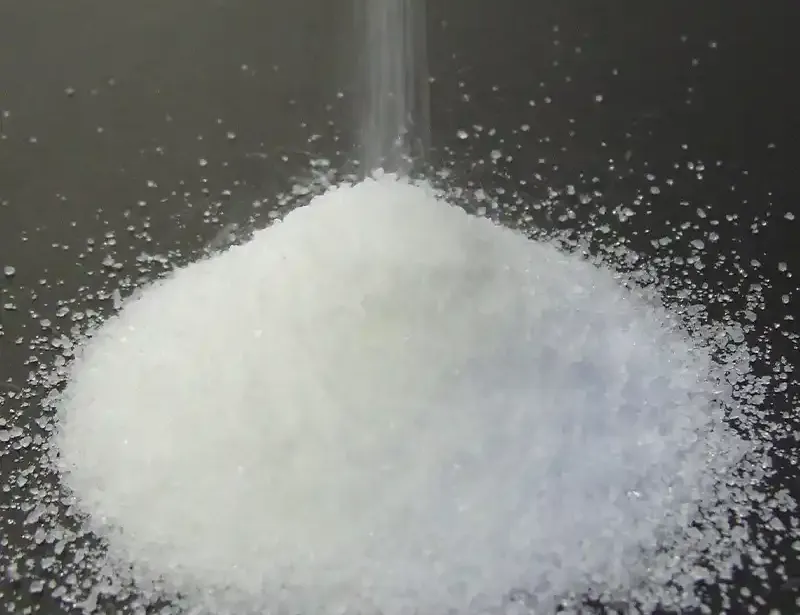
Enhancing Construction Materials with Polyvinyl Alcohol and Polypropylene Fiber
As modern construction evolves, the demand for more reliable, durable, and easy-to-handle additives continues to rise.

Why Polyvinyl Alcohol and Polypropylene Fiber Matter in Construction
Among the most commonly used and highly effective materials are polyvinyl alcohol for sale and polypropylene fiber. These ingredients contribute significantly to the quality of building materials, offering enhanced bonding, crack resistance, and workability across various cementitious applications.
Polyvinyl alcohol for sale is widely marketed to contractors, builders, and manufacturers as a performance enhancer in cement and plaster. One of its key properties is that polyvinyl alcohol is soluble in water, allowing for quick dispersion into mixtures without clumping. This makes it ideal for use in site-mixed or pre-mixed dry mortars, tile adhesives, and renders.
Builders commonly use polypropylene fiber in concrete to improve its mechanical properties. These synthetic fibers are lightweight, chemically resistant, and reduce shrinkage cracks. When combined with polyvinyl alcohol, the resulting mix benefits from both enhanced structural integrity and improved adhesion.
The use of PVA in sand and cement further enhances surface bonding and reduces permeability. This mixture helps minimize surface dusting and improves the durability of screeds and renders, especially in external applications.

The Practical Application of PVA in Cement, Plaster, and Paint
In day-to-day site work, using PVA before plastering is a well-established practice. It acts as a primer, sealing porous walls and controlling suction, allowing for a smoother and longer-lasting plaster coat. Similarly, PVA for plastering walls provides a tacky surface that enhances adhesion and reduces the chance of future delamination or blistering.
When working on external finishes, exterior PVA for rendering becomes crucial. Applied before rendering, it ensures an even absorption rate and stronger bond between the render and the masonry or block substrate, even under varying weather conditions.
One of the most important steps before painting is ensuring a secure surface. Applying a PVA bond before painting helps seal the underlying material, especially fresh plaster or patched areas, so the paint can adhere evenly and resist peeling.
In terms of cement additives, adding PVA to cement increases cohesion and improves workability. Whether you're laying tiles, casting molds, or rendering, the presence of PVA reduces cracking and makes the material more durable over time.
Understanding the technical profile of this chemical is also essential. The polyvinyl alcohol MSDS (Material Safety Data Sheet) outlines necessary precautions during handling, including ventilation, eye protection, and safe storage. Though PVA is generally regarded as low in toxicity, these guidelines ensure safe and professional use.
Moreover, the polyvinyl alcohol solubility characteristics—its ability to dissolve in water at specific temperatures—make it suitable for controlled-setting applications. Whether mixed cold or warm, the polymer integrates well with other binders, making it a versatile choice for on-site or factory-prepared materials.

Cost and Supplier Considerations
For bulk users, the polyvinyl alcohol price per kg is a key factor. Prices typically range from $2 to $6 per kilogram depending on purity, molecular weight, and application-specific grade. This cost is balanced by the enhanced performance and reduced labor or repair costs that PVA can offer in the long term.
If you're sourcing raw materials, choosing among the top polyvinyl alcohol producers is critical. Reliable manufacturers ensure consistency in particle size, solubility rate, and polymer strength, which can vary across batches. Working with reputable suppliers helps guarantee that your construction products perform consistently across projects and environments.
FAQ Section: PVA and Polypropylene Fiber in Construction
1. What Are the Advantages of Using Polyvinyl Alcohol in Cement and Plaster?
Q1: What does adding PVA to cement do?
A: Adding PVA to cement improves adhesion, reduces cracking, and enhances water resistance in concrete, screeds, and tile adhesives.
Q2: Is polyvinyl alcohol safe for site use?
A: Yes, but always consult the polyvinyl alcohol MSDS for proper handling and storage guidelines to ensure safe use on-site.
2. How Is PVA Applied Before Finishing Work?
Q1: Why use PVA before plastering?
A: PVA before plastering acts as a bonding agent and suction control layer, helping the plaster adhere evenly to the wall surface.
Q2: When should PVA be applied before painting?
A: Apply a PVA bond before painting over fresh plaster or patched areas to seal the surface and improve paint adhesion.
3. How Does Polypropylene Fiber Enhance Concrete?
Q1: What are the benefits of using polypropylene fiber in cement?
A: Polypropylene fiber improves tensile strength, reduces plastic shrinkage cracks, and enhances durability without corroding over time.
Q2: Can it replace steel reinforcement?
A: No, it's a supplement, not a replacement for structural steel reinforcement, but it is ideal for crack control and surface durability.
4. Where Can I Buy Polyvinyl Alcohol and What Is the Cost?
Q1: Who are the top polyvinyl alcohol producers?
A: Leading polyvinyl alcohol producers include Kuraray, Sekisui Chemical, and Sinopec, offering industrial and construction-grade materials.
Q2: What is the average polyvinyl alcohol price per kg?
A: Depending on quality and order volume, polyvinyl alcohol price per kg ranges from $2 to $6, with bulk discounts available.
5. What Makes Polyvinyl Alcohol Suitable for Exterior Renders and Wall Treatments?
Q1: How does exterior PVA for rendering improve performance?
A: Exterior PVA for rendering controls moisture absorption, reduces cracking, and improves bonding to masonry surfaces under varying weather conditions.
Q2: Can I use the same PVA for internal and external work?
A: Some formulations are multipurpose, but for best results, use specifically labeled exterior PVA products for outdoor applications.
-
Unlocking the Value of Cellulose: Types, Derivatives, and Industrial ApplicationsاخبارAug.07,2025
-
Unlocking the Power of Cellulose: Types, Applications, and Future InnovationsاخبارAug.07,2025
-
Understanding HPMC: Properties, Applications, and Market InsightsاخبارAug.07,2025
-
The Versatility and Industrial Value of Cellulose-Based MaterialsاخبارAug.07,2025
-
Hydroxypropyl Methyl Cellulose (HPMC): Uses, Grades & Construction BenefitsاخبارAug.07,2025
-
Exploring the World of Cellulose: Types, Derivatives, and Industrial UsesاخبارAug.07,2025





















